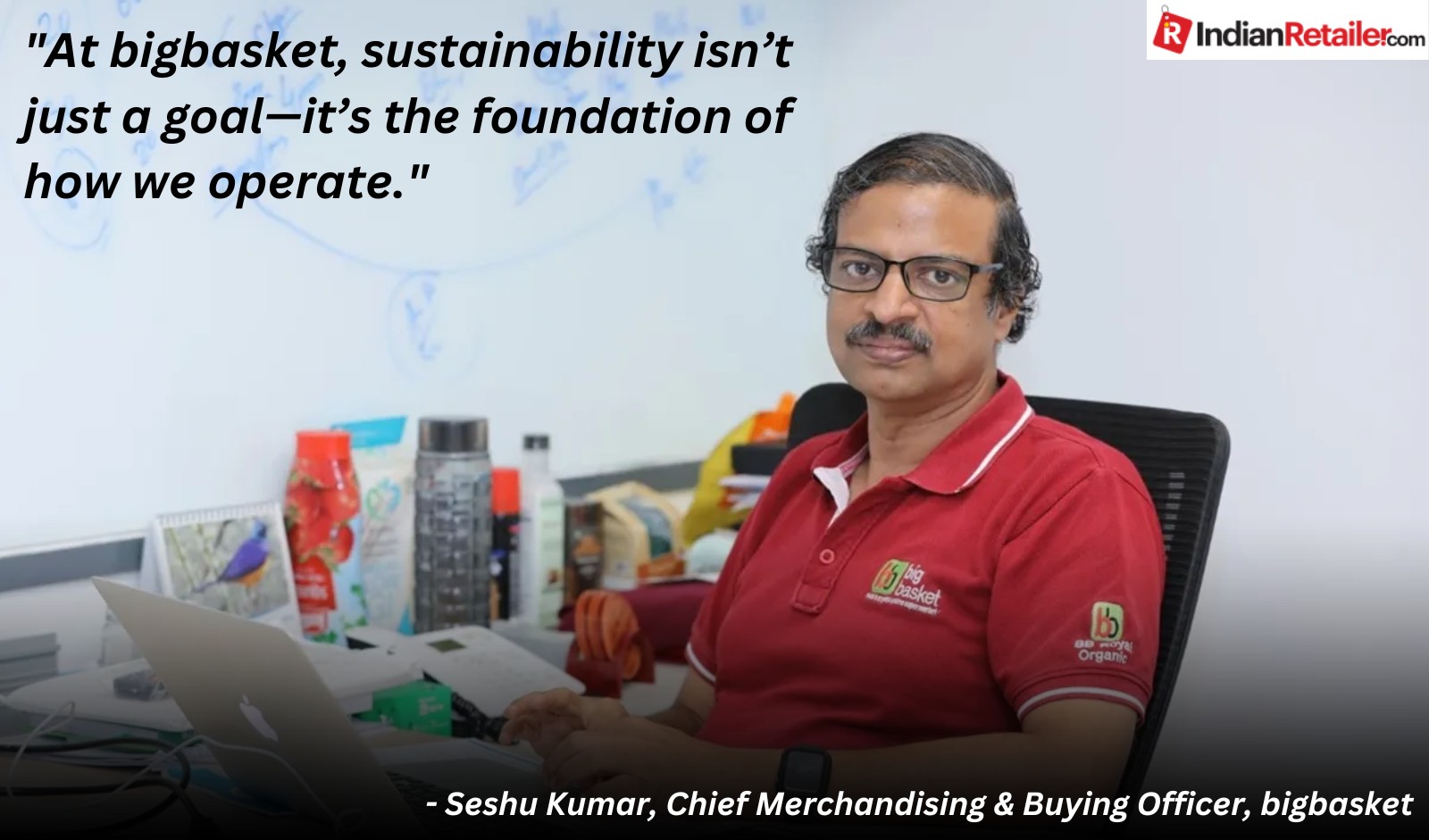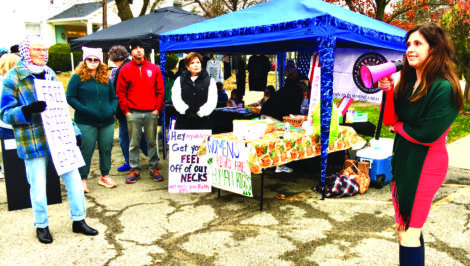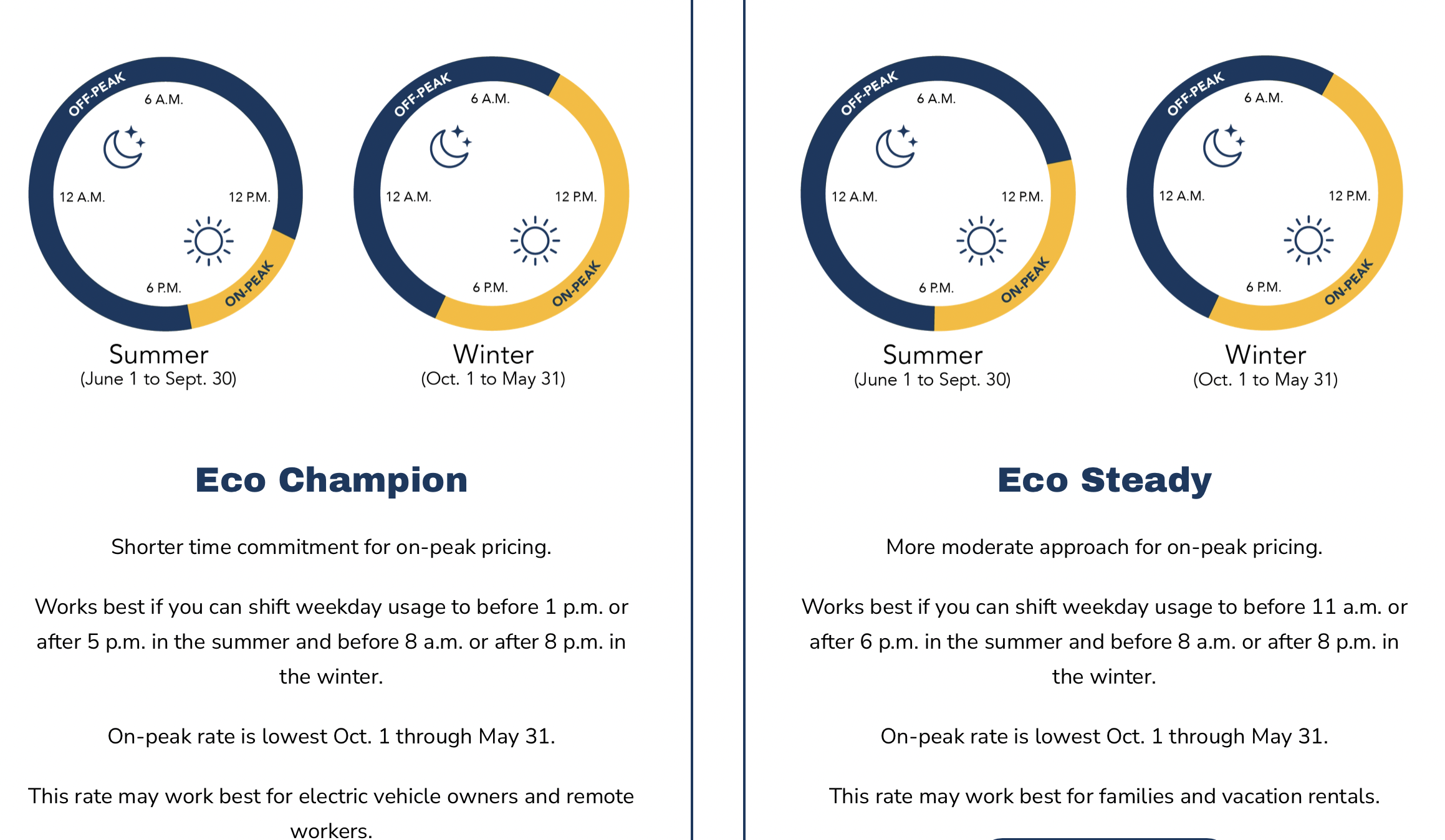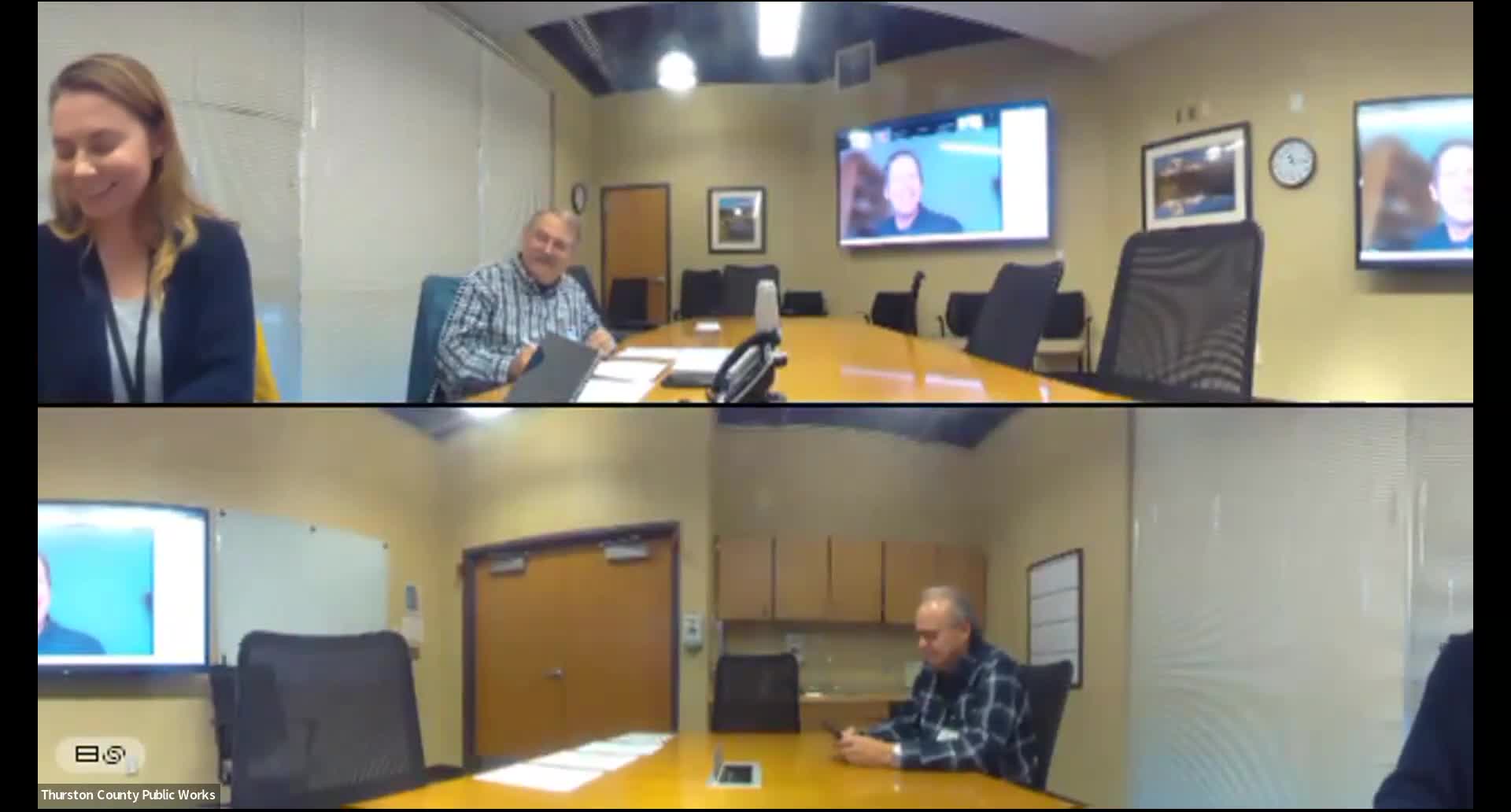Cargill and PepsiCo set for landmark venture on sustainable agriculture – Confectionery Production

Report on the Cargill-PepsiCo Regenerative Agriculture Partnership
Introduction and Strategic Objectives
A major strategic partnership has been formed between Cargill and PepsiCo to advance regenerative agricultural practices across their shared corn supply chain in Iowa. This five-year initiative aims to positively impact 240,000 acres of farmland, directly contributing to several United Nations Sustainable Development Goals (SDGs). The collaboration is designed to create a more resilient and sustainable agricultural system, which is fundamental to both companies’ operations and their commitment to global sustainability targets.
The primary objectives of the partnership include:
- Advancing Sustainable Production: Driving the adoption of regenerative farming techniques to enhance environmental outcomes, directly supporting SDG 12 (Responsible Consumption and Production).
- Strengthening Supply Chains: Increasing the resilience of the corn supply chain, which is critical for food security and aligns with SDG 2 (Zero Hunger).
- Supporting Farming Communities: Improving farmer livelihoods through financial incentives and agronomic support, contributing to SDG 8 (Decent Work and Economic Growth).
- Scaling Climate Action: Implementing practices that reduce emissions and improve soil health, addressing SDG 13 (Climate Action) and SDG 15 (Life on Land).
Alignment with UN Sustainable Development Goals (SDGs)
This initiative demonstrates a comprehensive approach to corporate sustainability by embedding SDG principles into its core strategy. The partnership serves as a model for SDG 17 (Partnerships for the Goals), leveraging cross-sector collaboration to achieve measurable progress.
- SDG 2: Zero Hunger: By focusing on improving crop yields and building a more resilient agricultural system, the program directly supports the goal of ending hunger, achieving food security, and promoting sustainable agriculture.
- SDG 12: Responsible Consumption and Production: The initiative is centered on establishing sustainable production patterns within a major food supply chain, transitioning from conventional to regenerative methods.
- SDG 13: Climate Action: A key expected outcome is the reduction of greenhouse gas emissions and the enhancement of soil carbon sequestration through regenerative practices, constituting direct climate action.
- SDG 8: Decent Work and Economic Growth: The program provides financial incentives and technical support to farmers, aiming to improve their livelihoods and promote sustained, inclusive economic growth within agricultural communities.
- SDG 15: Life on Land: Regenerative techniques are designed to restore soil health, which is fundamental to protecting and restoring terrestrial ecosystems.
- SDG 17: Partnerships for the Goals: The collaboration between Cargill, PepsiCo, and the non-profit Practical Farmers of Iowa (PFI) exemplifies the multi-stakeholder partnership model essential for achieving the SDGs.
Implementation and Projected Impact
The partnership’s implementation framework is designed for practical, on-the-ground results. The collaboration with Practical Farmers of Iowa (PFI) is crucial, as the organization will provide farmers with tailored agronomic guidance and recommendations grounded in local realities. This ensures that the regenerative techniques are effective and sustainable for the specific region.
Key Program Components:
- Provision of financial incentives to de-risk the transition to regenerative practices for farmers.
- Delivery of expert agronomic guidance to ensure best practices are implemented effectively.
- Focus on measurable outcomes, including soil health, emissions reduction, and crop yield improvements.
This initiative supports the ambitious corporate goals of both organizations. It contributes to PepsiCo’s goal of driving regenerative practices across 10 million acres globally by 2030 and Cargill’s goal of advancing regenerative agriculture on 10 million acres in North America by the same year. The partnership is positioned as a scalable model for creating shared value and long-term sustainability across the global food system.
1. Which SDGs are addressed or connected to the issues highlighted in the article?
The article on the collaboration between Cargill and PepsiCo for regenerative agriculture touches upon several Sustainable Development Goals (SDGs). The primary focus is on sustainable farming, partnerships, and responsible corporate practices. The following SDGs are addressed:
- SDG 2: Zero Hunger – The initiative aims to create a “more resilient agricultural system” and “boost overall productivity levels,” which are central to ensuring food security.
- SDG 12: Responsible Consumption and Production – The collaboration focuses on creating a sustainable supply chain for major food products, promoting sustainable practices within large corporations.
- SDG 13: Climate Action – A key expected outcome of implementing regenerative agriculture practices is “reduced emissions,” directly contributing to climate change mitigation.
- SDG 15: Life on Land – The core of the initiative is to implement practices that result in “healthier soil” and restore agricultural land, which aligns with protecting terrestrial ecosystems.
- SDG 17: Partnerships for the Goals – The entire article is about a “major collaboration” and “joint venture” between two large corporations (Cargill, PepsiCo) and a non-profit organization (Practical Farmers of Iowa) to achieve sustainability goals.
2. What specific targets under those SDGs can be identified based on the article’s content?
Based on the specific actions and goals described in the article, several SDG targets can be identified:
-
SDG 2: Zero Hunger
- Target 2.4: “By 2030, ensure sustainable food production systems and implement resilient agricultural practices that increase productivity and production, that help maintain ecosystems… and that progressively improve land and soil quality.” The article directly supports this by describing an initiative to “further advance regenerative agricultural practices,” “support positive outcomes for farming communities,” and achieve “improved crop yields.”
-
SDG 12: Responsible Consumption and Production
- Target 12.6: “Encourage companies, especially large and transnational companies, to adopt sustainable practices and to integrate sustainability information into their reporting cycle.” The article is a prime example of this, showcasing how two transnational companies, PepsiCo and Cargill, are collaborating to “advance regenerative agriculture” and support their “ambitious goals” for sustainability.
-
SDG 13: Climate Action
- Target 13.2: “Integrate climate change measures into national policies, strategies and planning.” While not at a national policy level, this target is reflected at the corporate strategy level. The article states that the partnership aims to accelerate practices that can result in “reduced emissions,” showing an integration of climate action into their business operations.
-
SDG 15: Life on Land
- Target 15.3: “By 2030, combat desertification, restore degraded land and soil… and strive to achieve a land degradation-neutral world.” The initiative’s focus on “healthier soil” and PepsiCo’s goal to drive “regenerative, restorative, or protective practices” directly align with this target of restoring agricultural land.
-
SDG 17: Partnerships for the Goals
- Target 17.17: “Encourage and promote effective public, public-private and civil society partnerships…” The article details a multi-stakeholder partnership between private sector entities (Cargill, PepsiCo) and a civil society organization (“Practical Farmers of Iowa (PFI), a nonprofit group”) to achieve shared sustainability objectives.
3. Are there any indicators mentioned or implied in the article that can be used to measure progress towards the identified targets?
The article provides several specific, measurable indicators that can be used to track progress towards the identified targets:
- Area of land under sustainable management: This is the most explicit indicator mentioned. The initiative will “positively benefit a total of 240,000 acres of farmland across the next five years.” Furthermore, it supports larger corporate goals, including “PepsiCo’s recently expanded goal to drive the adoption of regenerative… practices across 10 million acres globally by 2030, and Cargill’s goal to advance regenerative agriculture on 10 million acres of North American farmland by the same year.” This directly measures progress for Targets 2.4 and 15.3.
- Reduction in greenhouse gas emissions: The article implies this as a key performance indicator by stating that regenerative agriculture practices can lead to “reduced emissions.” While a specific quantitative target is not given, it is a stated goal that can be measured to track progress for Target 13.2.
- Existence and scale of multi-stakeholder partnerships: The formation of the “joint venture” itself is an indicator of progress for Target 17.17. The article details the partners involved—”PepsiCo, Cargill, and Practical Farmers of Iowa”—and the scope of their collaboration, which serves as a qualitative and structural indicator of partnership effectiveness.
- Farmer adoption of regenerative practices: The initiative aims to “accelerate the adoption of regenerative agriculture practices.” The number of farmers engaged and the successful implementation of these practices, supported by “agronomic guidance” and “incentive payments,” serve as a direct indicator of the program’s success in influencing behavior and achieving sustainable production (Target 2.4).
4. Table of SDGs, Targets, and Indicators
| SDGs | Targets | Indicators |
|---|---|---|
| SDG 2: Zero Hunger | 2.4: Ensure sustainable food production systems and implement resilient agricultural practices. | – Area of farmland under regenerative practices (240,000 acres over five years). – Improved crop yields and productivity levels. |
| SDG 12: Responsible Consumption and Production | 12.6: Encourage large companies to adopt sustainable practices. | – Adoption of regenerative agriculture goals by PepsiCo (10 million acres) and Cargill (10 million acres). – Creation of a sustainable supply chain for shared corn supply. |
| SDG 13: Climate Action | 13.2: Integrate climate change measures into policies and strategies. | – The stated goal of achieving “reduced emissions” through the implemented practices. |
| SDG 15: Life on Land | 15.3: Restore degraded land and soil. | – Implementation of practices leading to “healthier soil.” – Total acreage of land under “regenerative, restorative, or protective practices.” |
| SDG 17: Partnerships for the Goals | 17.17: Encourage effective public-private and civil society partnerships. | – The existence of the “joint venture” between Cargill (private), PepsiCo (private), and Practical Farmers of Iowa (civil society/nonprofit). |
Source: confectioneryproduction.com

What is Your Reaction?
 Like
0
Like
0
 Dislike
0
Dislike
0
 Love
0
Love
0
 Funny
0
Funny
0
 Angry
0
Angry
0
 Sad
0
Sad
0
 Wow
0
Wow
0







































































![Lancaster homeowner’s energy-efficient renovation sparks clash over historic preservation [Lancaster Watchdog] – LancasterOnline](https://bloximages.newyork1.vip.townnews.com/lancasteronline.com/content/tncms/assets/v3/editorial/9/ed/9ed03d32-c902-44d2-a461-78ad888eec38/69050b156baeb.image.png?resize=150,75#)






